‘Wolves don’t need wilderness,’ says Wolf Switzerland director
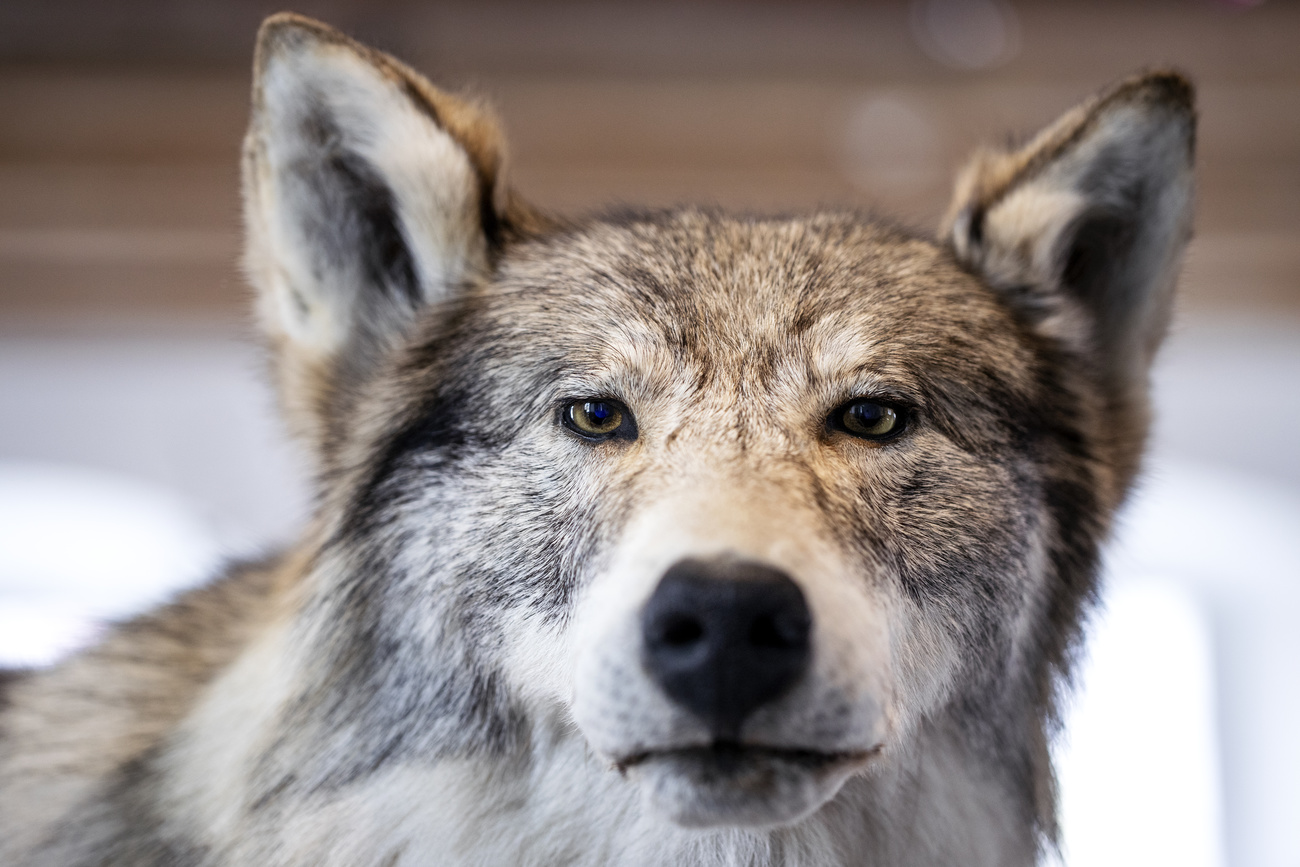
The preventive culling of wolves has sparked considerable discussion in Switzerland in recent weeks. Swiss public television SRF asked the managing director of the Wolf Switzerland Group, David Gerke what he thought about the issue.
David Gerke, a sheep farmer and farmer himself, supports the selective shooting of wolves but is against shooting entire wolf packs.
SRF News: What fascinates you about wolves?
David Gerke: My fascination with wolves is quite coincidental. I’ve had an interest in animals since childhood. When wolves returned to Switzerland in the mid-1990s and became a significant topic in the media a few years later, I was around 15 years old.
Even back then, there were attempts to shoot individual wolves. That’s when I started to think more politically. I became interested in everything related to wolves and found them intriguing.
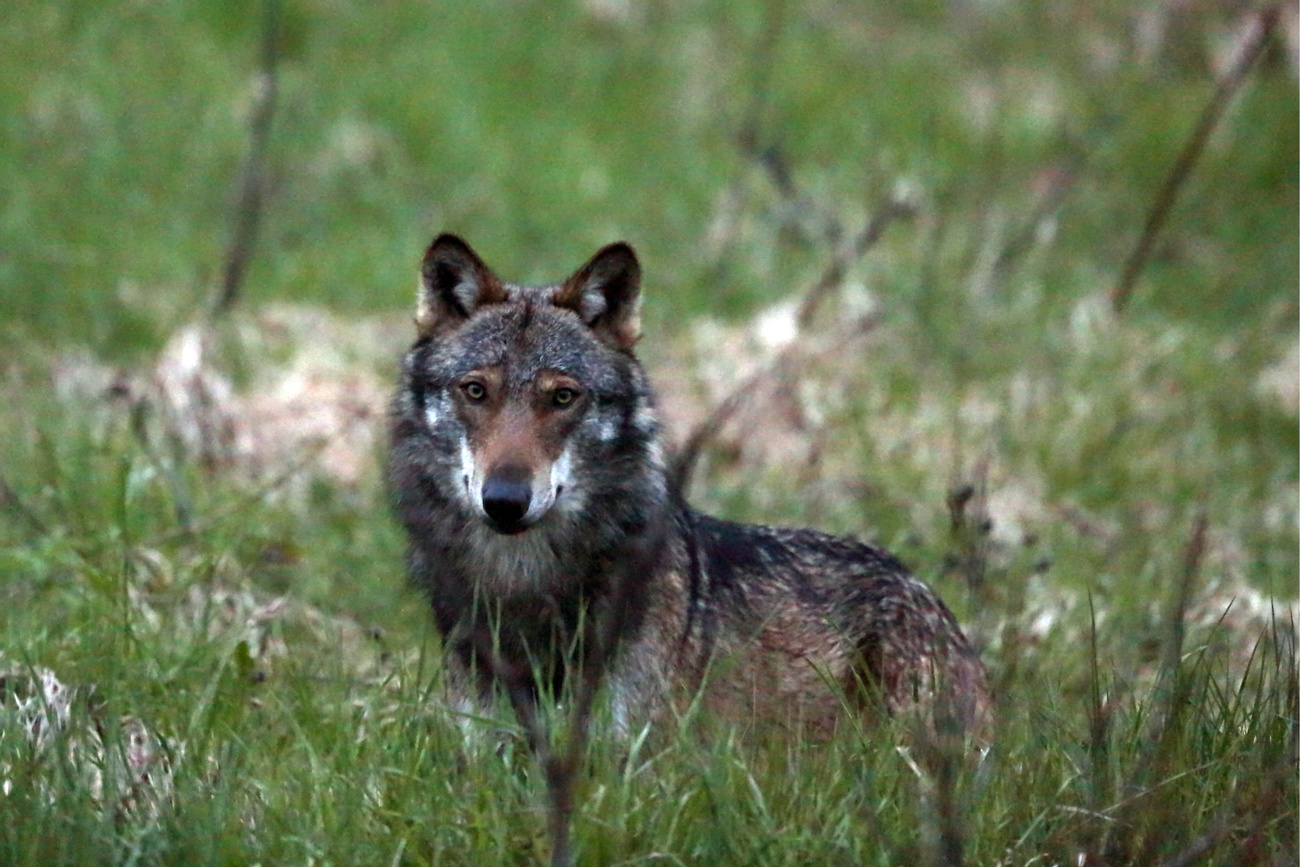
More
Wolf crackdown in Switzerland: a sign of what’s to come in Europe?
SRF: So you are not only interested in wolves, but also in sheep?
D.G:: I wanted to work with sheep even before I was 20 years old. In my early twenties, I moved to the mountains for the first time as a shepherd. I did that for a total of ten summers. My time as a shepherd had a huge impact on me. Those were my travelling years. Eventually, I felt the desire to own sheep myself.
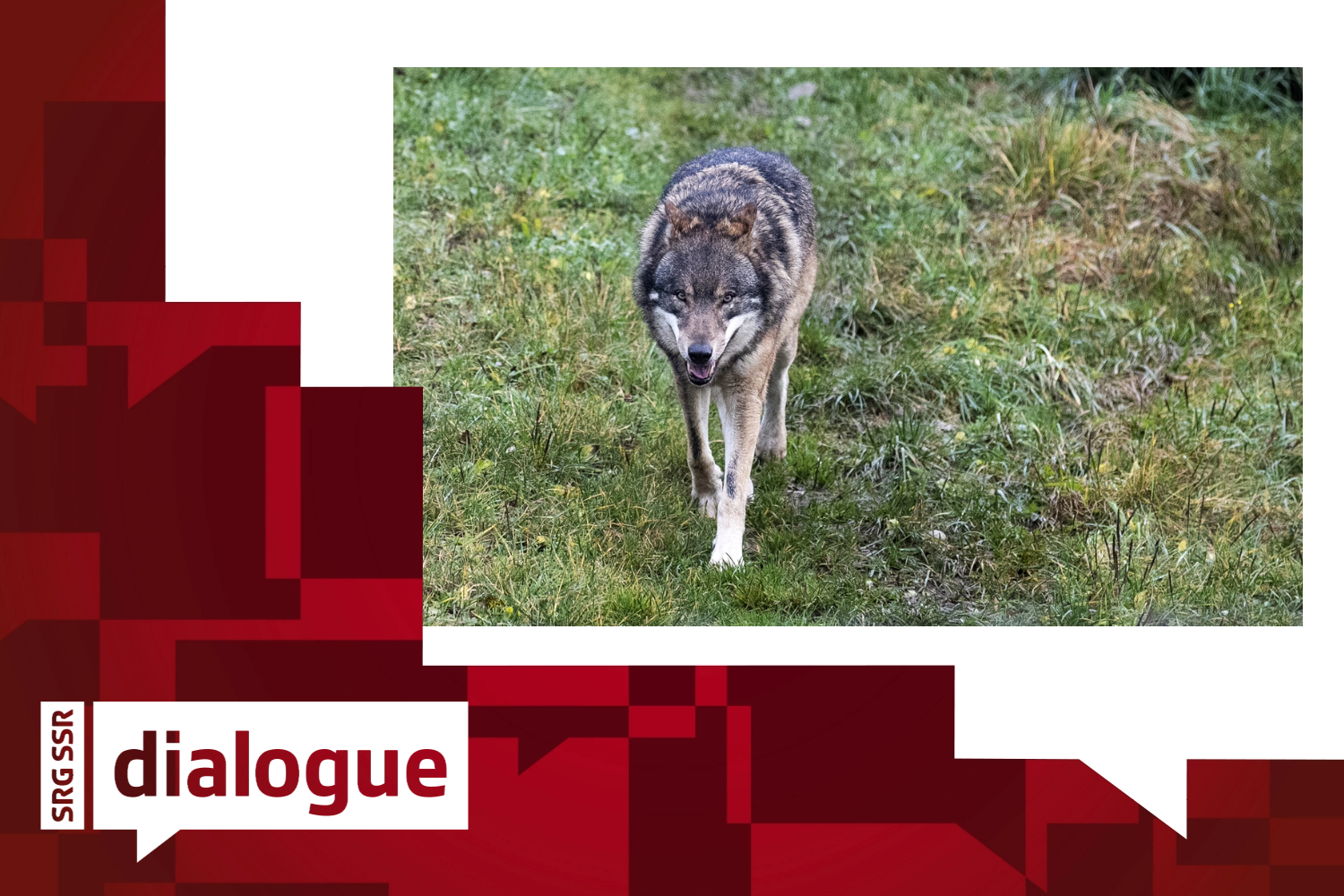
More
Wolves in Switzerland: cull or protect?
SRF: For many sheep farmers, the idea of a wolf attacking their flock and killing animals is the worst-case scenario. Is it the same for you?
D.G.: Interestingly, that thought is almost nonexistent for me. I must admit, I love my sheep more than anything. I’ve shed tears for them several times when I’ve lost one on the alp. My relationship with sheep isn’t entirely rational, and I would be deeply upset if I lost sheep to a wolf. However, these worries don’t dominate my daily work.
When the sheep are out on pasture, they are fenced in and protected by a robust electric fence. The concerns I have are much more routine: do the sheep have enough to eat? Are the animals healthy? Are their hooves in good condition?
SRF: Wolves tend to evoke strong emotions in people. Why is that?
D.G.: Our connection with wolves is ancient. The wolf was the first animal by far to be domesticated. Humans have been keeping dogs for much longer than we have had sheep or cows. However, there was a significant shift in this relationship. It occurred when humans settled down and started raising livestock. During that period, the wolf transitioned from being a companion in hunting to being perceived as an enemy.
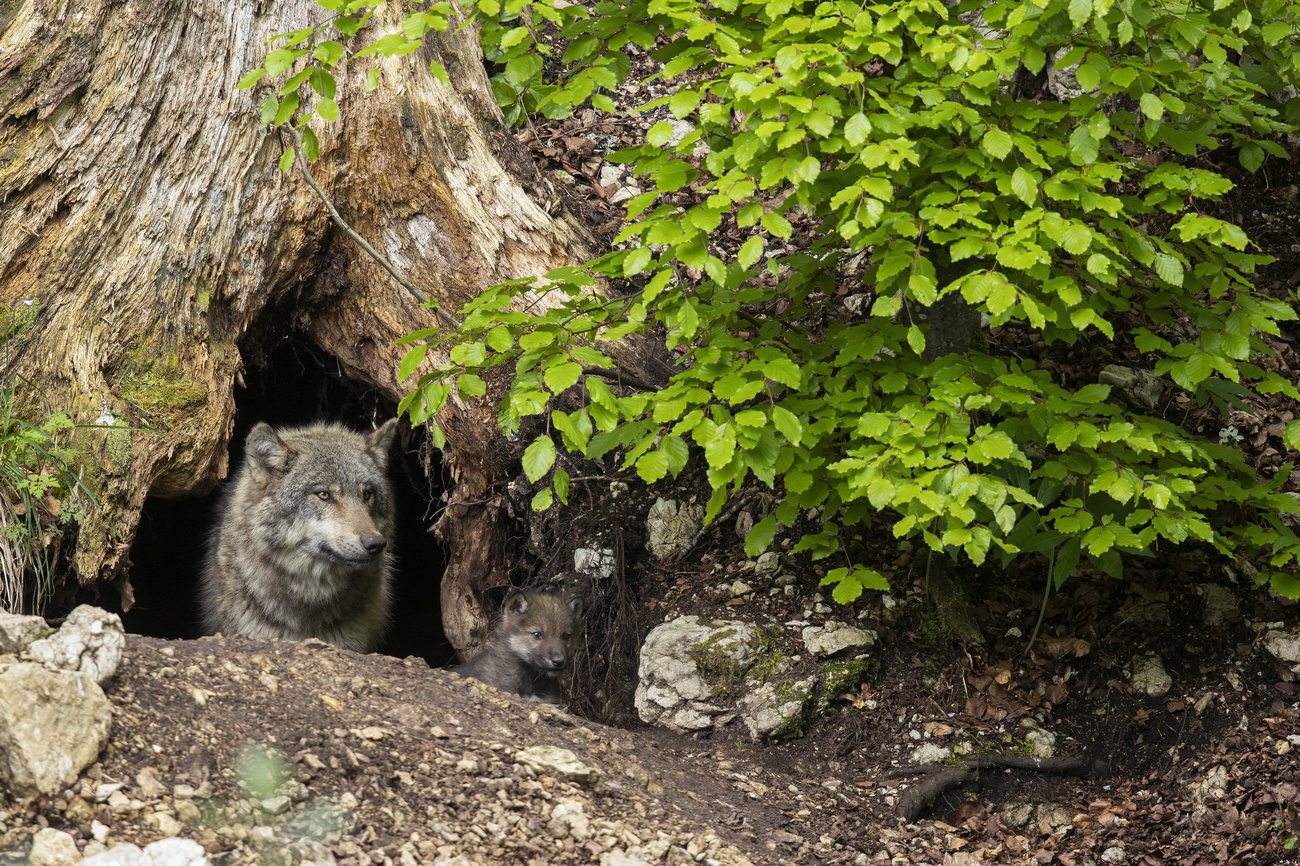
More
When it’s legal to shoot the wrong wolf
SRF: What misconceptions do we have about wolves?
D.G.: There are two consistently misunderstood aspects. Firstly, the perceived threat of wolves to humans. While the wolf poses a significant challenge to our society due to its impact on agriculture, the actual risk to humans is so minimal that it should be a less prominent concern.
The second aspect involves the association between wolves and wilderness. Contrary to popular belief, wolves do not require wilderness. They are intelligent, adaptable, and thrive easily in cultivated landscapes. In fact, such environments might be even more attractive to wolves than the wilderness.
SRF: The federal government aims to regulate wolves and has approved the shooting of entire packs. Why do you think this approach is wrong?
D.G.: The goal is to restrict the wolf population based on agricultural interests without considering a balanced assessment of various factors. Ecological aspects, such as assessing whether an area has an overpopulation of deer causing damage to the forest, are not taken into account. Instead, the approach is solely based on the notion that wolves can cause damage, leading to population control. This approach is fundamentally wrong.
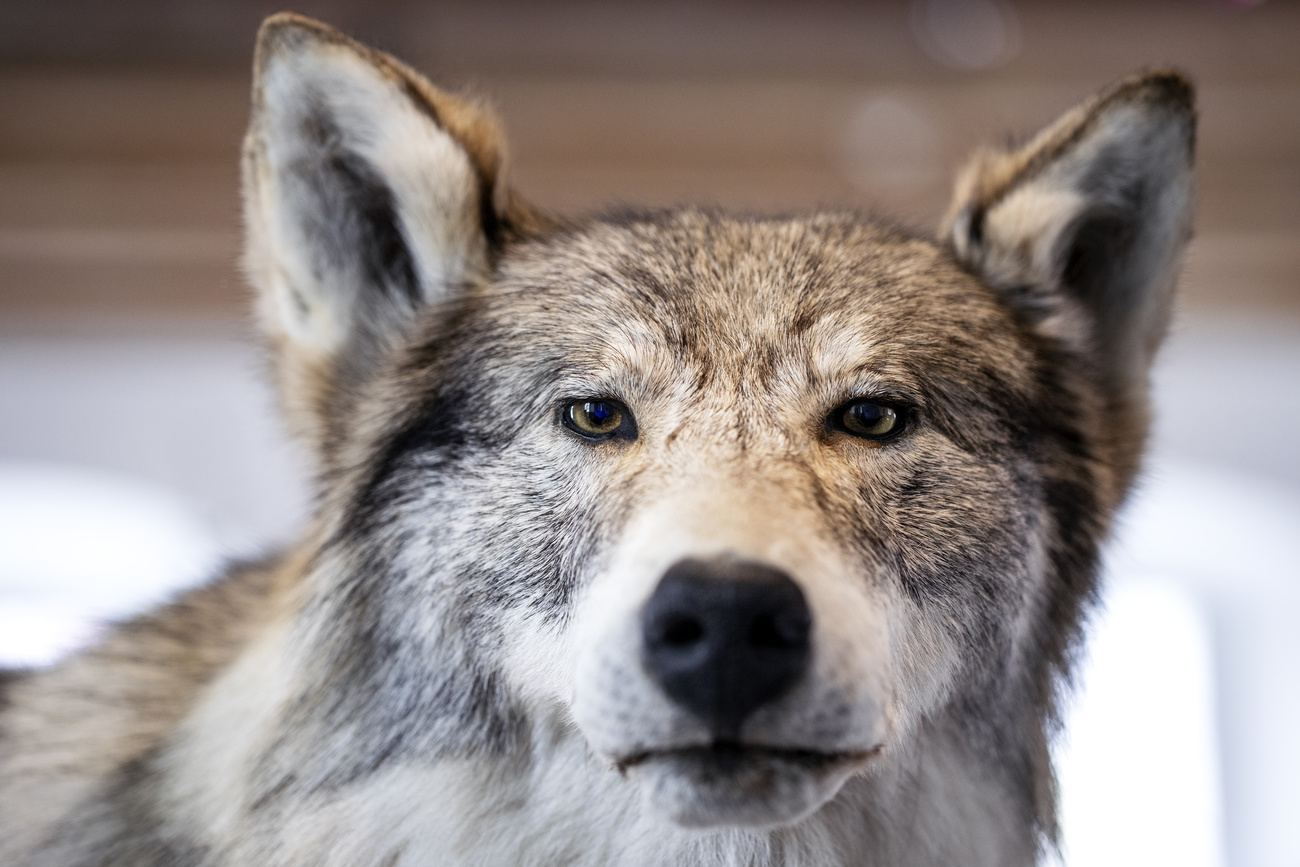
More
Wolves can be shot before they kill
SRF: How should we address the presence of wolves?
D.G.: First of all, it should be noted that wolves are a native species. They are part of the native biodiversity and as such they should be here. However, given our cultivated landscape, conflicts with human interests are inevitable as wolves navigate their habitats.
To address these conflicts, the primary tool is livestock protection, which holds paramount importance. However, we must also have the option of selectively shooting wolves in certain situations.
SRF: The federal government has opted for a more radical approach by shooting entire packs.
D.G.: Swiss wolves are part of the population of the Alpine region. It is estimated that there are currently over 300 wolf packs in the entire Alpine region. This population is rapidly expanding as many habitats remain unoccupied. The population grows by several dozen packs every year across the Alps.
Attempting to curb this growth with the limited number of wolf packs in Switzerland is unlikely to succeed. It’s a matter of simple mathematics. If wolves are eliminated, the gap will be filled by migrating wolves within a very short time. This means that the next year we will be at the same point.
The interview was conducted by Stefan Eiholzer.
This news story has been written and carefully fact-checked by an external editorial team. At SWI swissinfo.ch we select the most relevant news for an international audience and use automatic translation tools such as DeepL to translate it into English. Providing you with automatically translated news gives us the time to write more in-depth articles. You can find them here.
If you want to know more about how we work, have a look here, and if you have feedback on this news story please write to english@swissinfo.ch.

In compliance with the JTI standards
More: SWI swissinfo.ch certified by the Journalism Trust Initiative










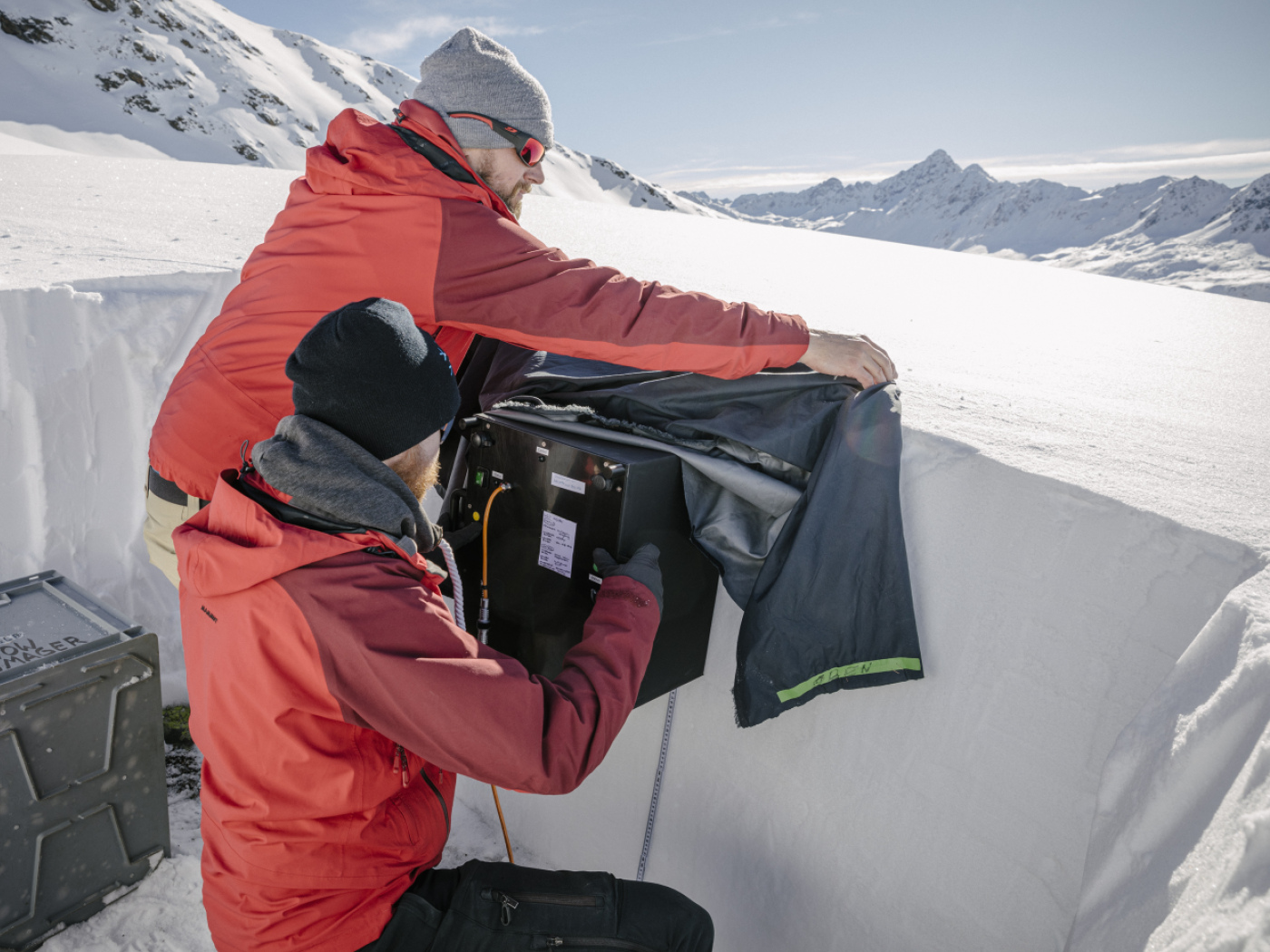

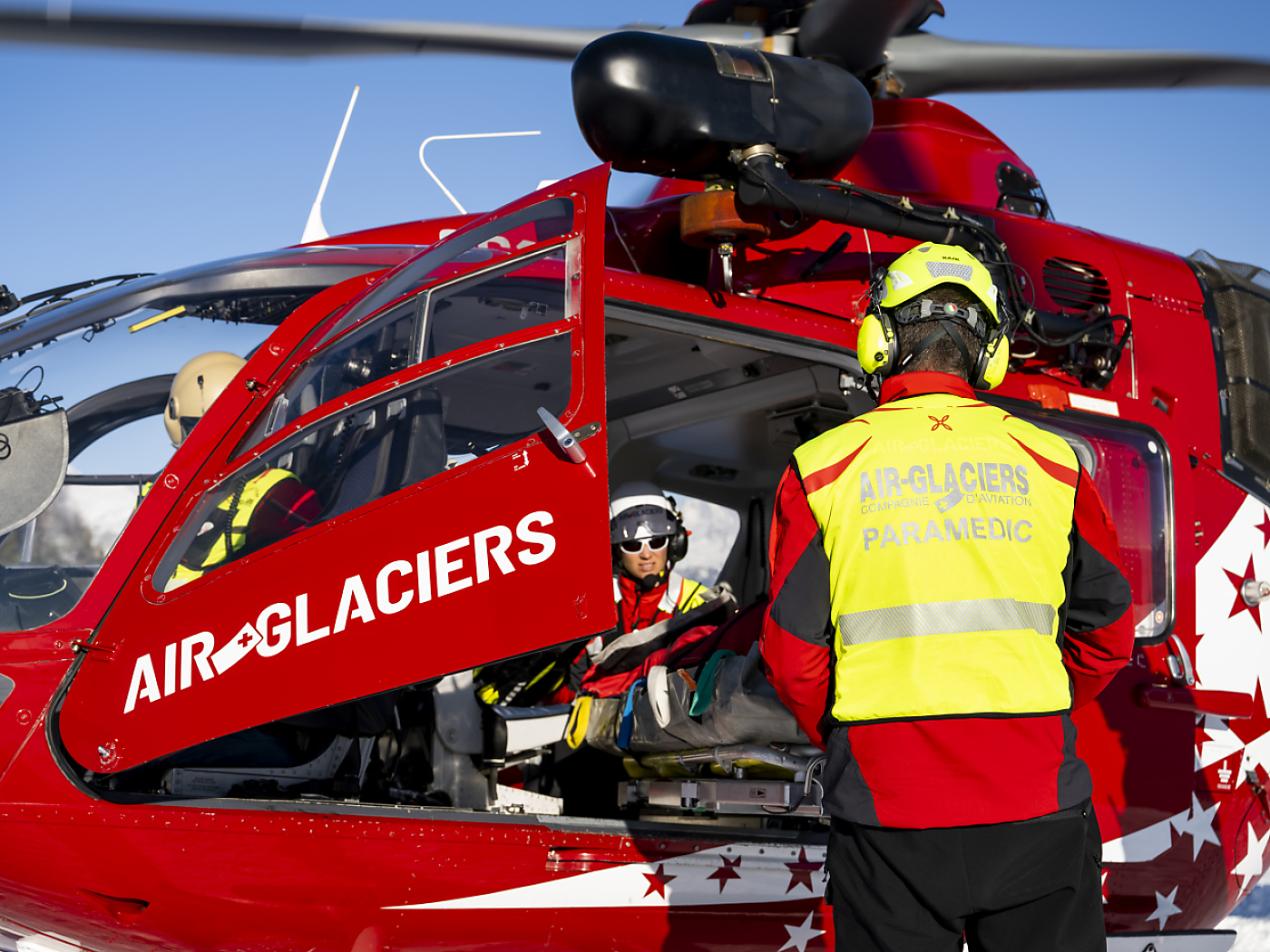





You can find an overview of ongoing debates with our journalists here . Please join us!
If you want to start a conversation about a topic raised in this article or want to report factual errors, email us at english@swissinfo.ch.